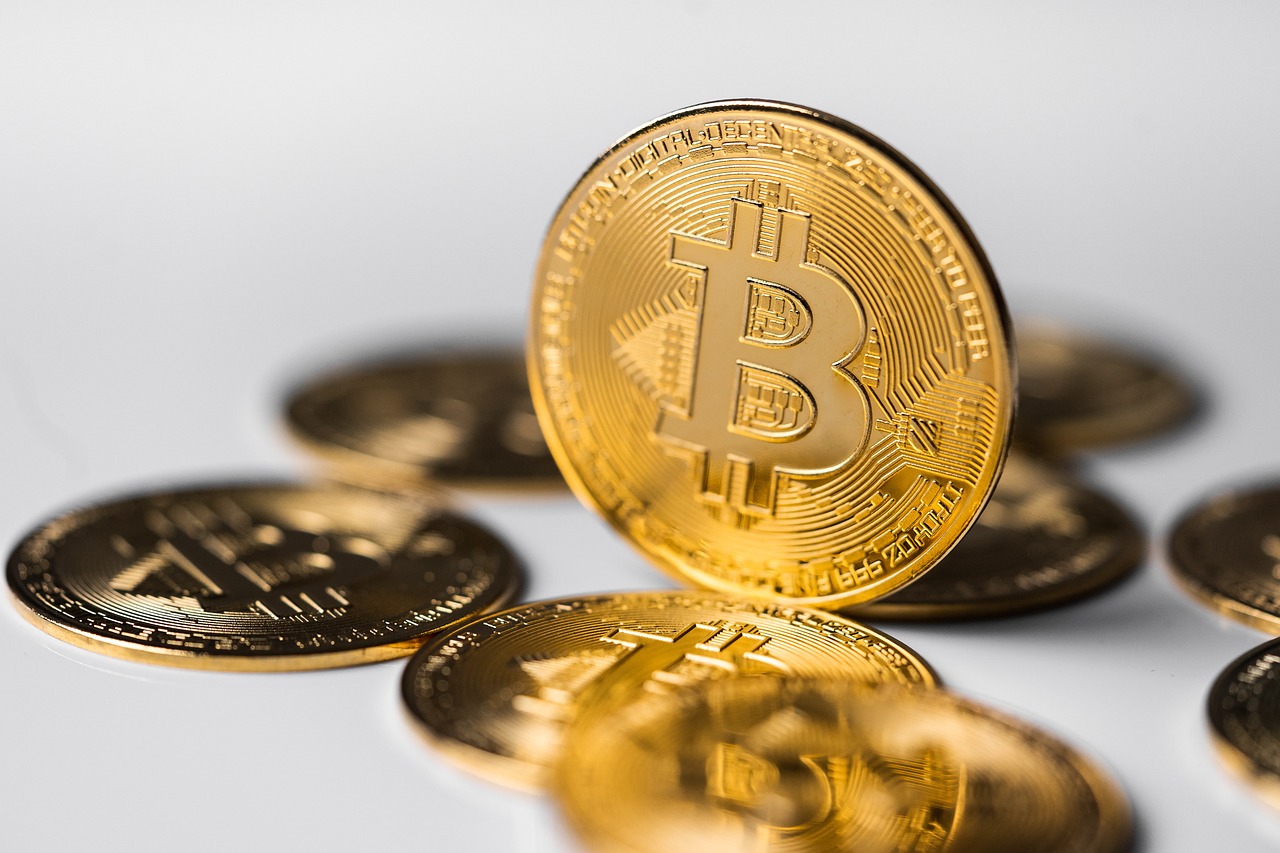Table of Contents
![]()
Nowadays, a pitch has been gotten to by the crusade from the carbohydrate. In men like Gary Taubes into the diets such as Paleo Dukan, and so forth’s bankrupt theories, the carbohydrate is the victim of the degree of persecution that saturated suffered. We have begun to understand that fats are not the heart killers. (This excludes the type, trans fat, which is proven to increase risk of cardiovascular disease, among other health problems).
If we are to believe the leaders of this Carbohydrate Inquisition, this molecule will induce us to break our metabolism, to be obese, direct us to create diabetes and other ailments, and turn us. Should you ditch the diabolic carb, “experts” claim you’ll melt away fat and keep it away (without needing to rely on polyunsaturated calories), construct an invincible immune system, live eternally, and perhaps even create superpowers. And you are going to be a part of the crowd to boot up. However, is this civil war justified? To put it differently, can it have some basis in mathematics?
Carbohydrate ingestion and insulin level
A lot of the controversy revolves around its relationship. Since the unfounded claims proceed, insulin makes you fat, and carbs spike insulin; consequently, “carbohydrates make you fat” Sounds easy, right? Well, the narrative is as it’s untrue. While insulin job is to pull out glucose from the bloodstream and keep the excess as fat, the hormone can also be responsible for driving amino acids to our muscles to get protein synthesis and draining fats from their bloodstream (which can be stored as body fat better than carbohydrate, I would add).
In addition to all that, insulin has a gentle effect. And while it is even true that eating carbs raise insulin levels in your bloodstream, several common sources of protein (like eggs, meat, beef, and fish) are similar in their ability to perform the same. Some people today assert that when you eat carbs since more insulin is normally produced by your body, this also leads to storage.
They are wrong–study has revealed that the amount of insulin that your body generates in reaction to ingestion meals (or insulin reaction) does not influence the total amount of fat stored. So insulin is the buddy, not a portion of a conspiracy involving fat cells and your pancreas. That is 1 attack against the”carbs make you fat” camp. Let’s look at the link between reduction and intake.
Ingestion and Weight Reduction
Low carb gurus will assert you could eliminate weight faster if you eat carbohydrates daily. Some people think if they reduce their carbohydrates to they can eliminate weight. The issue with these beliefs is that they fly in the face of the physiology and findings, and the most weight-reduction roadblock: while going too small eating is masked by them.
A review of the literature indicates that weight reduction doesn’t affect. Let us first look at research conducted by the University of Pennsylvania. Researchers delegated 63 obese adults to either a low carb, higher protein, high-fat diet (20 g of carbohydrate every day, gradually improved until goal weight was attained), or a standard diet of 60 percent of calories from carbohydrates, 25% from fat, and 15 percent from protein. The outcome: The group lost more fat however, the difference at 12 months was insignificant. The quantity of glycogen reduces we shop in our muscles and liver.
The 3 weeks result is not surprising believing that total body water retention is slowly diminished. This causes a quick drop in weight which doesn’t have anything to do with burning off fat (anyone who has decreased carbohydrate consumption as a way of cutting calories to fat loss has undergone this). Harvard University released a study about the consequences of weight reduction and diet in 2009. The researchers delegated 811 obese adults into one of four meals, which have been contained in the following percentages of protein, fat, and carbohydrates: 20%, 15%, and 65 percent; 40%, 15%, and 45 percent; and 40%, 25%, and 35 percent 45. Following 6 weeks of dieting, participants had lost an average of 6 kg (approximately 13.2 pounds).
They started to regain weight and weight loss dropped out with no differences between fat or low-fat, low-fat or low-protein, and low-fat or high-carb groups. The research discovered the low carb diet has been successful concerning weight reduction as low carb, higher protein diet. Thus is clear and straightforward: you follow along, so long as you maintain yourself you are going to eliminate weight whatever the plan.
Exceptions to the rule
Practical experience in coaching countless individuals has taught me that some folks do better on low-fat or high-carb diets, whereas others do good with either. For example, some people–such as myself–do with diets. They feel energized with no crashes, could shed weight easily, and may preserve strength. Others do not do well with a carbohydrate strategy. Weight reduction is best, they are hungry, which contributes to overeating, and some other advancement comes with energy highs and lows.
This response can go another way. If people do not respond well to high-fat meals, they shed a lot of power could feel lethargic and clouded, and also have trouble. Others thrive using a sense of wellness and lots of power. What’s? While the likelihood you will overeat and provide less than 100 percent on your workouts is increased by feeling like crap, there is more on the job. Studies have proven that some people’s bodies cope better reacting with metabolic changes such as an increase in fat oxidation and energy expenditure to keep energy balance.
Additionally, it may result in appetite management. Other people’s bodies, therefore, are more inclined to keep it and react to high levels of fat loss. The study sheds light on different people who respond poorly or so well to high-fat meals. The above relates to a study on diet outcomes can impact. Various studies have demonstrated that insulin sensitivity or resistance improves or diminished weight loss efforts.
However, as soon as we move from a balance of nutrition and utilize low-fat or low-fat diets with degrees of reaction and insulin sensitivity together, things change. As an example, a study found that a low glycemic load diet aids fat is lost by adults with insulin secretion, but didn’t help adults with insulin secretion. A research performed by the University of Colorado revealed that obese girls who were insulin sensitive lost more fat on a higher carbohydrate, low-carb diet compared to a low carb, high-fat diet (average weight reduction of 13.5percent. 6.8percent of body fat, respectively).
Girls who were insulin resistant lost more fat on a low carb, high-fat diet compared to a high-carb, low-fat diet (average weight reduction of 13.4% . 8.5percent of body fat, respectively). What we can remove from such research is that if you’ve got good insulin sensitivity and very low secretion, you’re likely going to eliminate weight more readily to a high-carb, low-carb diet plan. On the flip side, when you’ve got inadequate insulin sensitivity and higher secretion, chances are you will do better using a low carb, high-fat diet plan.
Which strategy can I use?
Low carb? It’s difficult to tell if your physique responds to a diet that is low-carb or high-fat, but it’s rather simple to bring an educated guess about the insulin dynamics of your body. After ingesting a high-carb meal, signals of very good insulin sensitivity and reaction are pumped muscles which feel”complete,” mental alertness, steady energy levels, and satiety.
Indications of reaction and insulin sensitivity are all bloats, gassiness, hunger after ingestion, and psychological fogginess/inability to concentrate, sleepiness. Depending on the mentioned symptoms, you can choose which strategy to attempt. But keep in mind these are general guidelines –in the end weight loss is what matters. You ought to have the ability to shed 1–2 pounds. Weekly with the ideal consumption. You might benefit from changing the makeup of your diet plan if you are not visiting progress despite being sure that you are at a caloric deficit.
Share This




Be the first to comment